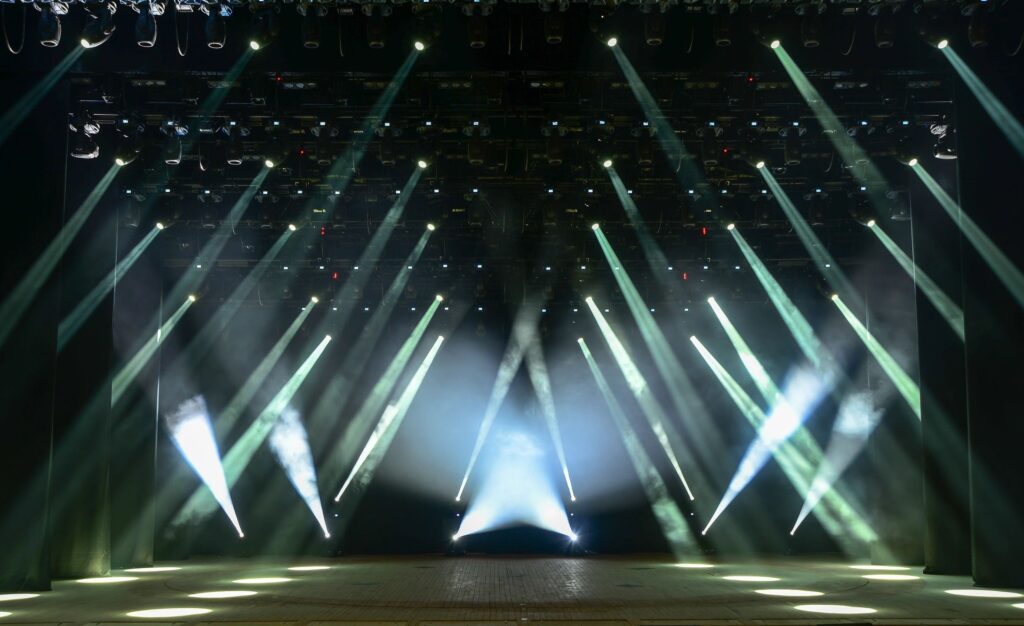The world’s largest record labels are taking legal action against two US-based AI startups, Suno and Udio, for alleged copyright infringement on a massive scale. The Recording Industry Association of America (RIAA) announced the lawsuits on Monday, accusing the startups of using copyrighted music to generate similar tracks without permission.
The plaintiffs is sueing Suno and Udio for $150,000 per song, claiming the startups have a commercial motive that undermines the genuine human artistry protected by copyright laws. The lawsuits assert that the AI-generated music closely mirrors existing copyrighted songs, which threatens the livelihood of human musicians and songwriters.
The Fair Use Defense
AI companies like Udio argue that their use of copyrighted material falls under the “fair use” doctrine. This doctrine permits the use of copyrighted content for purposes such as scholarship, criticism, and non-commercial contexts, which AI firms claim applies to their music-generation models. Udio, for instance, has stated that its system is designed to create music reflecting new ideas, employing advanced filters to prevent the replication of copyrighted works or specific artists’ voices.
The record labels, however, argue that the AI-generated music is not transformative and serves no other purpose than to produce new, competing tracks. They contend that the startups are copying songs primarily for financial gain, which does not align with the principles of fair use. The lawsuit filing emphasizes that the AI models ingest copyrighted recordings solely to create new music files, thus infringing on the original works.
Artists’ Response and Industry Concerns
The lawsuits are part of a broader backlash against AI music-generation tools. Hundreds of artists, including Billie Eilish, Nicki Minaj, and Katy Perry, have signed an open letter urging tech companies to halt the development of AI tools that undermine or replace human artistry without fair compensation. These artists argue that AI-generated music could devalue the work of songwriters and performers, who rely on copyright protection to earn a living.
The outcome of these lawsuits could have significant implications for the future of AI in the music industry. If the courts rule in favor of the record labels, it could set a precedent that limits the ability of AI startups to use copyrighted material without explicit permission. On the other hand, a ruling in favor of the AI companies could bolster the fair use defense and encourage further innovation in AI-generated art.
The legal battle between major music labels and AI startups highlights the tension between technological innovation and intellectual property rights. As AI continues to advance, finding a balance that protects artists’ livelihoods while fostering innovation will be crucial. The resolution of these lawsuits will likely influence how AI is integrated into the creative industries and could shape the future of copyright law in the digital age.


















